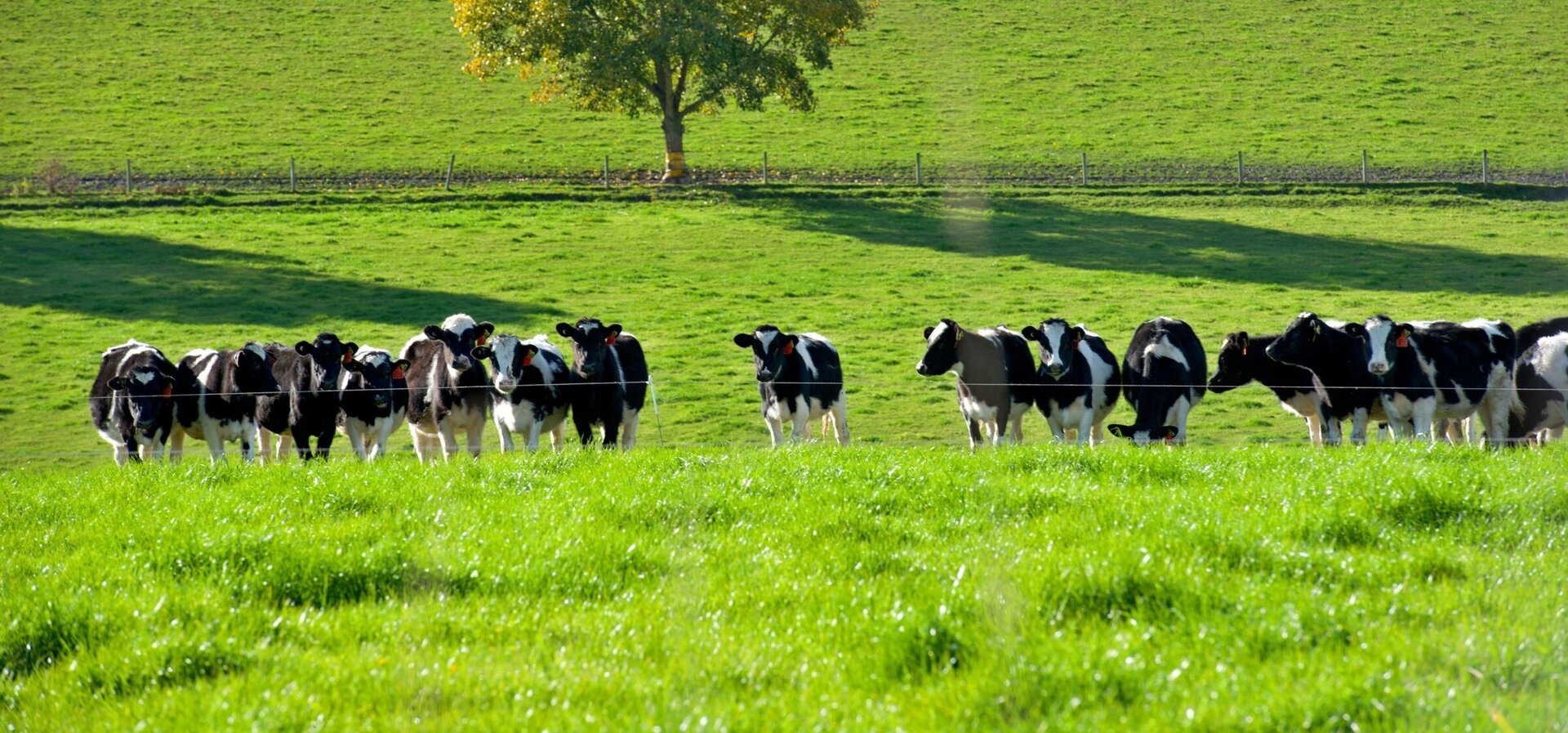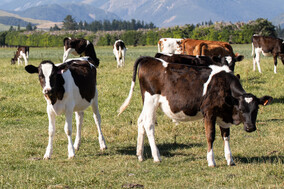OUR APPROACH
New Zealand is world renowned for its dairy industry - and to achieve such repute you need happy healthy cows. But our vets don’t just care for your animals, we care for you and your farm, working with you day and night, to achieve your goals.
Dairy is our passion and our team each have their own strengths, working as a team for a whole farm approach. Whether it be general farm management and animal wellbeing or specific topics such as mastitis, we have the knowledge and experience to help you get the most out of your herd.
While we are here in the rain or the sun for sick cows and calving, we also like to be one step ahead. We work with you to problem solve and prevent disease such as BVD, calf scours or clostridial disease. We can also devise whole farm animal health plans, incorporating reproductive services, lameness management and parasite control. We can advise on current industry issues such as Mycoplasma bovis.
We are firm believers in supporting the local community and supporting successful and sustainable farm practices to add value to our country’s strong agricultural economy.
THE BENEFITS
Why Veterinary Clinic Morrinsville is a great choice

We're locals
We’ve been located in the Morrinsville area for decades. It’s where we’re from and where we raise our families.

Wide network
We’re plugged into the Veterinary world and our team can call on expertise from all over the world, then deliver it locally.

Great location
We’re close to you for consults, supplements, supplies...whatever you need in clinic or on farm.













